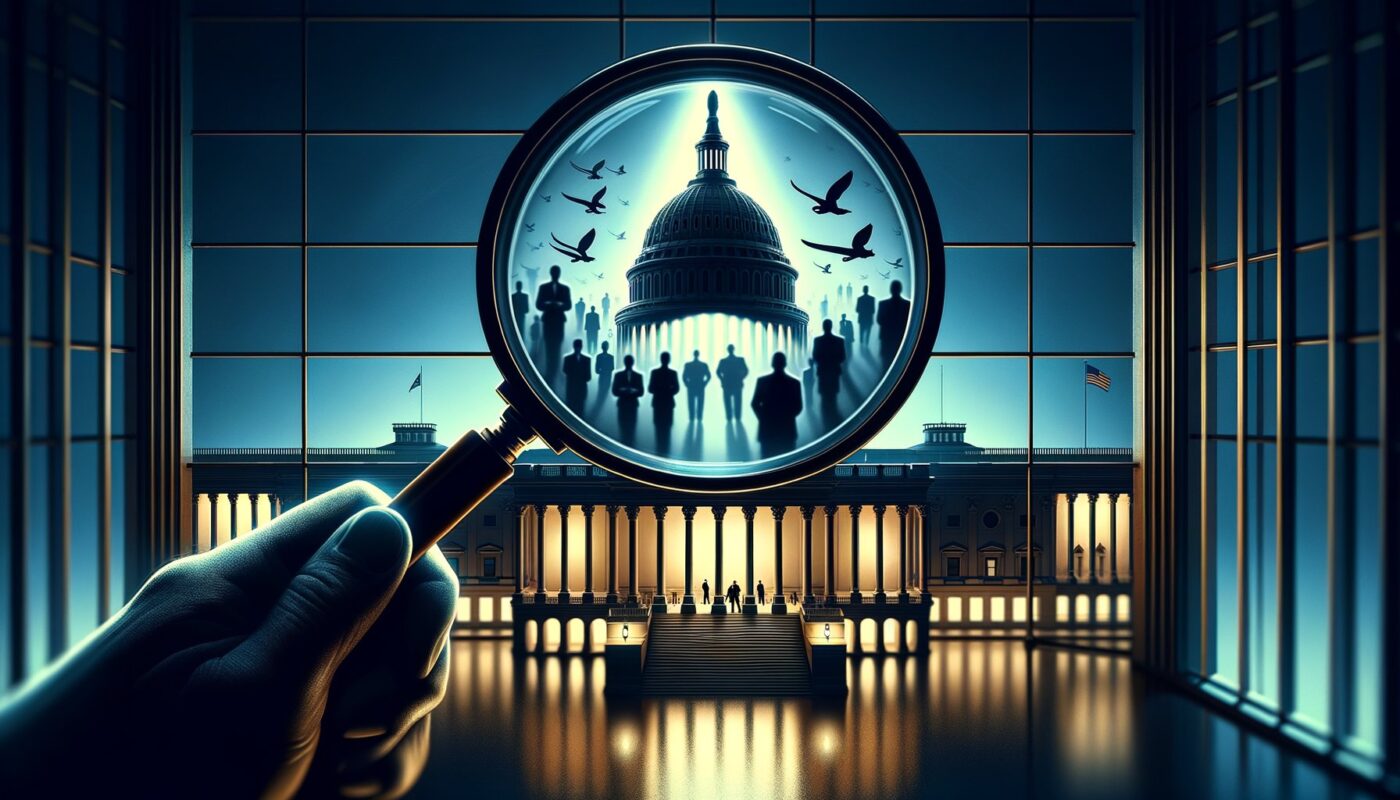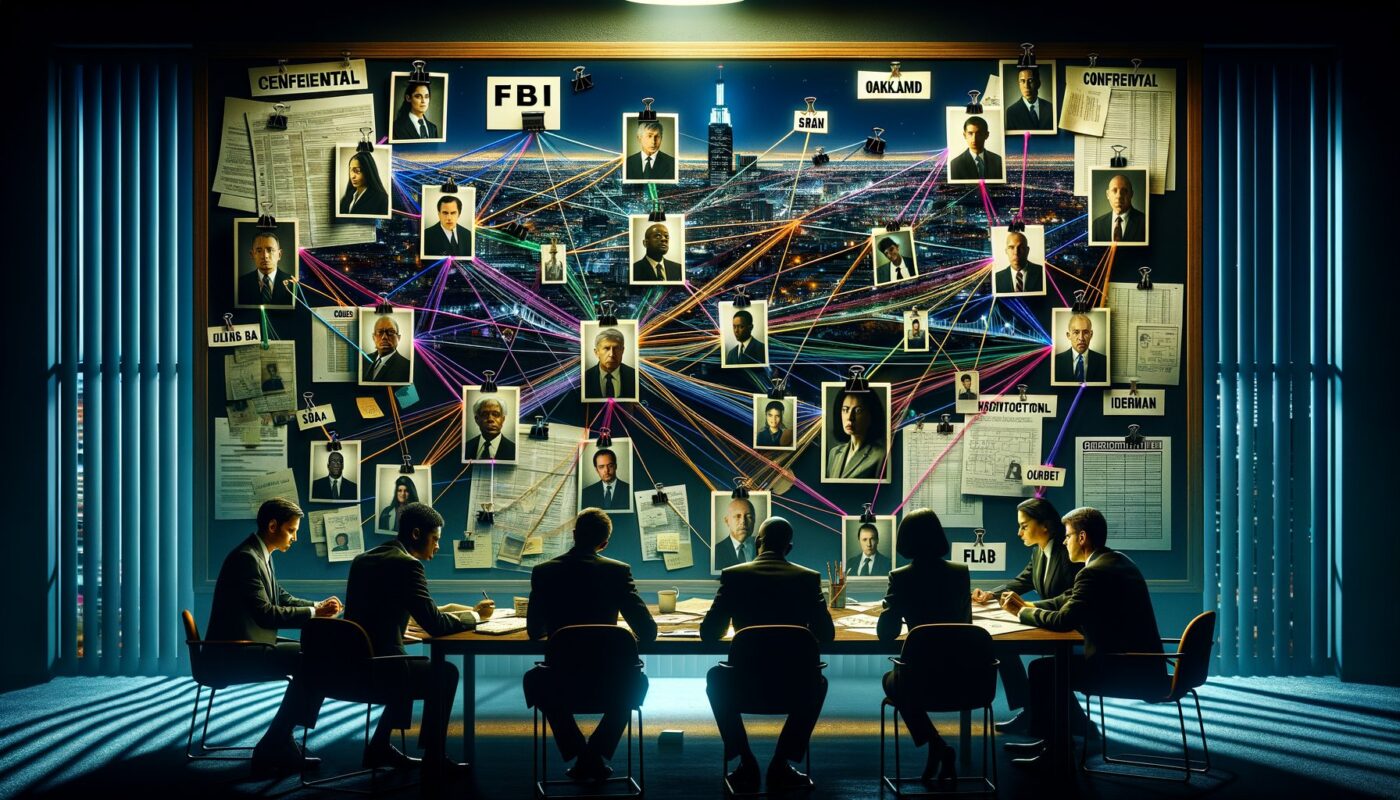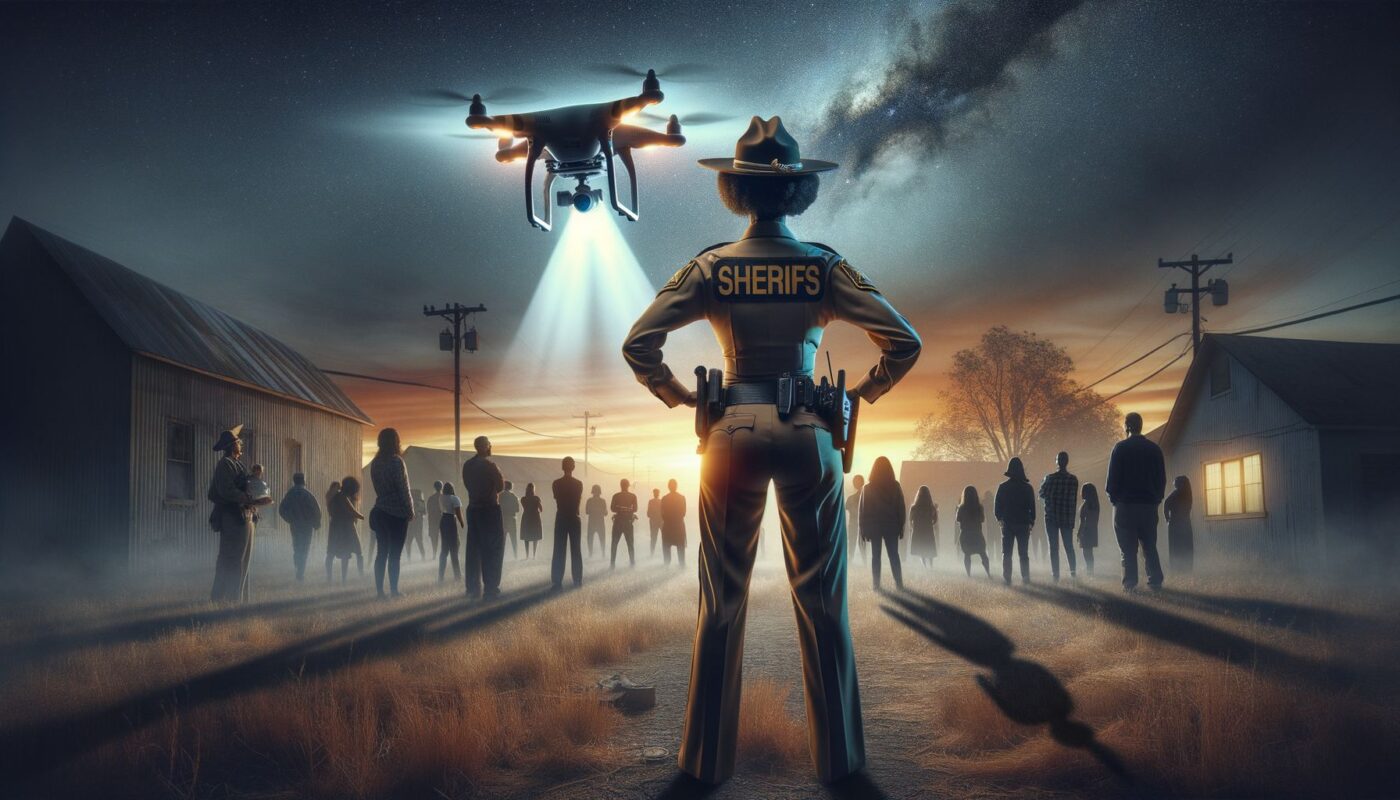In an unprecedented move that has raised serious concerns about the balance of power and privacy, recent reports reveal that the Trump administration’s Department of Justice (DOJ) secretly obtained phone and message logs of two members of Congress and 43 congressional staffers. This clandestine operation was part of extensive leak investigations that spanned from 2017 to 2018, leaving many questioning the ethical implications of such surveillance.
Background of the Investigation
During the Trump administration’s first term, the DOJ undertook four wide-ranging investigations aimed at identifying sources of leaked information to the media. These investigations, notably involving high-profile media outlets like CNN, The New York Times, and The Washington Post, targeted individuals with access to classified data, which some believed included reporters and members of Congress.
Kash Patel, a significant figure in this narrative, was among those whose records were secretly accessed. As a staffer for the GOP-led House Intelligence Committee at the time, it raised alarms about potential overreach and political motivations behind the investigations. The Inspector General’s report highlighted that DOJ prosecutors did not consistently follow internal procedures meant to protect privacy, further emphasizing the need for stricter guidelines.
Concerns Over Surveillance Practices
The Inspector General’s findings shed light on troubling aspects of the DOJ’s methods. The department did not notify its own leadership when congressional records were accessed, and several of these exchanges were cloaked in non-disclosure orders. This lack of transparency stirred fears about the DOJ’s manipulation of judicial processes to conduct secret surveillance, thus breaching the constitutional separation of powers that safeguard the legislative branch from undue executive interference.
Critically, these actions bypassed existing protocols, which meant that Attorney General Bill Barr and other top DOJ officials weren’t fully informed or involved in the decisions. This lapse led to a failure in upholding policies designed to protect the anonymity of journalists and congressional officials.
Implications for Press Freedom and Government Transparency
The revelations have sparked a debate about the freedom of the press and government oversight. Press freedom advocates argue that such practices create a chilling effect on journalists and their sources, inhibiting the press’s role as a watchdog of democracy. Legal experts and lawmakers, including Sen. Ron Wyden, D-Ore., have voiced deep concerns over what they describe as “beyond disturbing” abuses of power.
Calls for legislative actions, like the PRESS Act, have gained momentum as a means to protect journalists from unwarranted governmental surveillance. The proposed legislation aims to set clear boundaries, ensuring greater accountability and transparency in how such investigations are conducted.
Lessons and Legislative Responses
In the wake of these revelations, the Biden administration has taken steps to enhance the DOJ’s guidelines on handling media records. However, critics argue that these changes are not enough, emphasizing the need for concrete legislative measures to prevent potential abuses in the future. Such discussions underscore the ongoing struggle to maintain a fair and transparent system of governance where the rights of individuals and press freedom are duly protected.
As history and current events consolidate the narrative, it becomes essential to reflect on how these practices might influence future administrations. Whether through linkages to related events like the intriguing rise of governmental surveillance technology covered insightfully in articles such as “Mystery Drones Over US”, recognizing these patterns helps citizens stay informed and empowered in their role as vigilant overseers of democracy.
As the Justice Department faces mounting pressure, it remains to be seen how these revelations will shape the future landscape of U.S. justice and political transparency. The pressing need for robust guardrails to protect democratic processes from overreach cannot be overstated, underscoring a critical juncture in the ongoing dialogue about the balance of power in government.
Warning : This information is indicative and without guarantee of accuracy. Consult a professional before making any decision.





